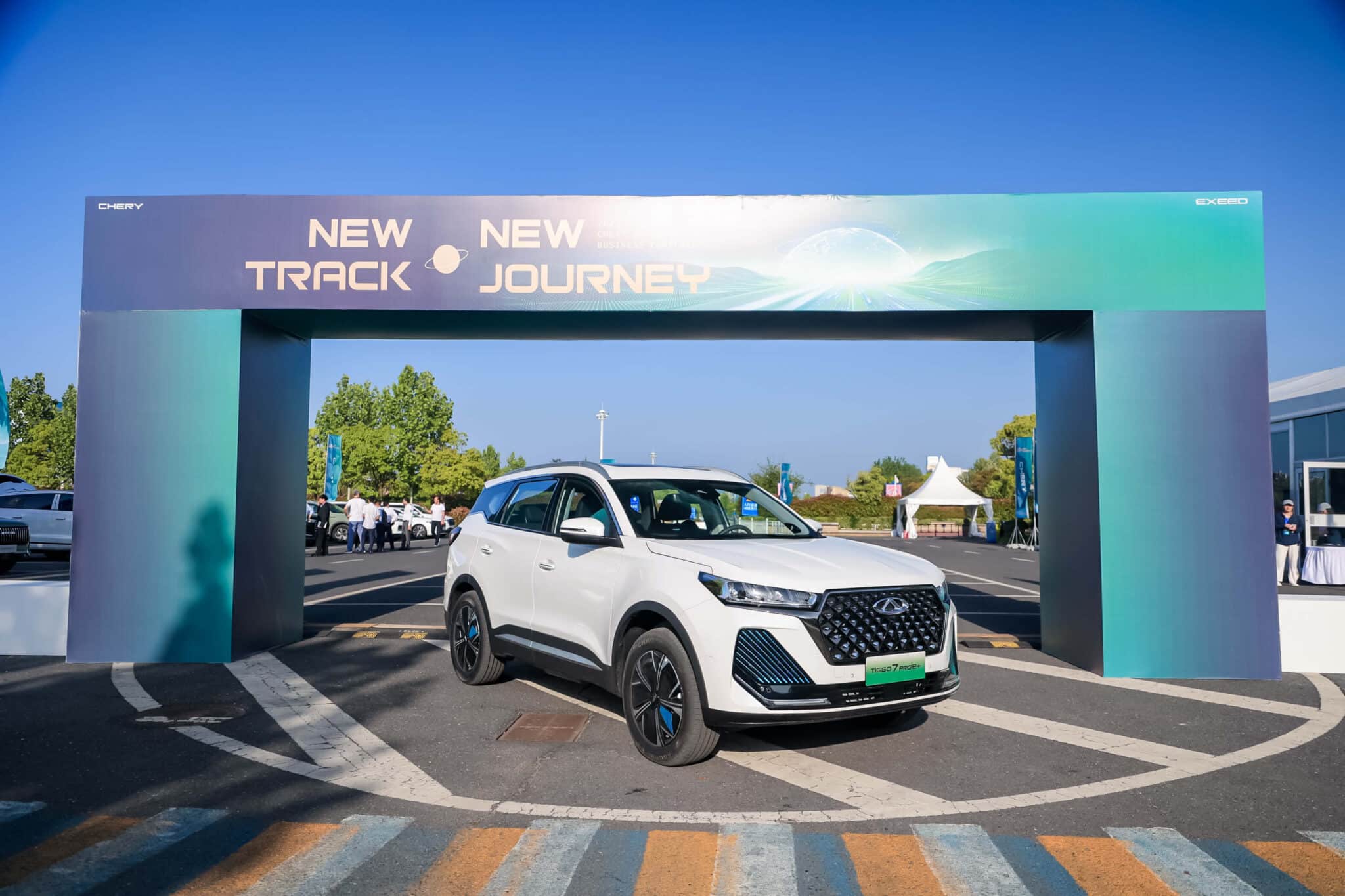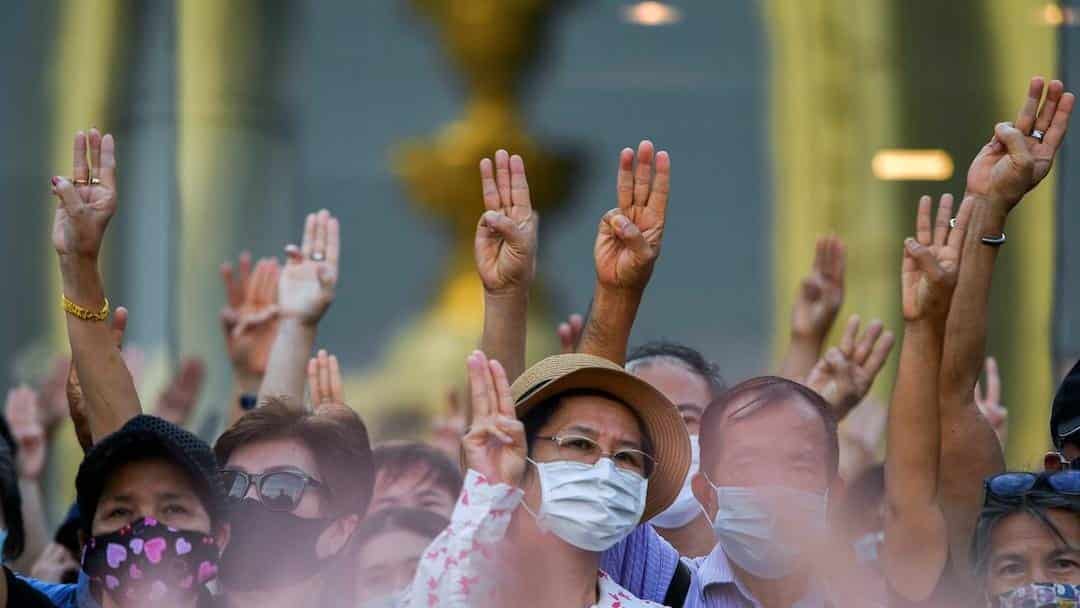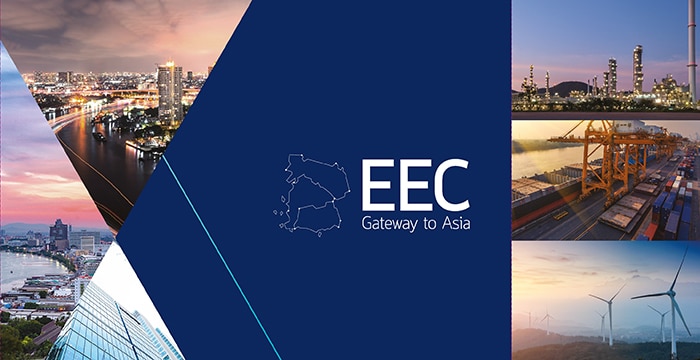In a pivotal move towards advancing the electric vehicle (EV) landscape, Chery International, a prominent Chinese automotive manufacturer, is poised to establish an EV production facility in Thailand. This ambitious endeavor is contingent upon securing approval for Board of Investment (BoI) privileges, and it represents a significant step towards solidifying Bangkok’s standing as a hub for multinational ventures in the EV industry.
Leading this groundbreaking initiative is Qi Jie, Thailand’s national director at Omoda & Jaecoo International Co., a subsidiary of Chery International. In the coming months, Jie is expected to unveil comprehensive investment and business plans, further underscoring the strategic significance of this venture.
Chery International’s vision encompasses the introduction of two distinctive EV brands, Omoda and Jaecoo, into the Thai market. Anticipating a favorable reception among local consumers, the company is committed to contributing to the growing demand for sustainable and environmentally friendly transportation options in the region.
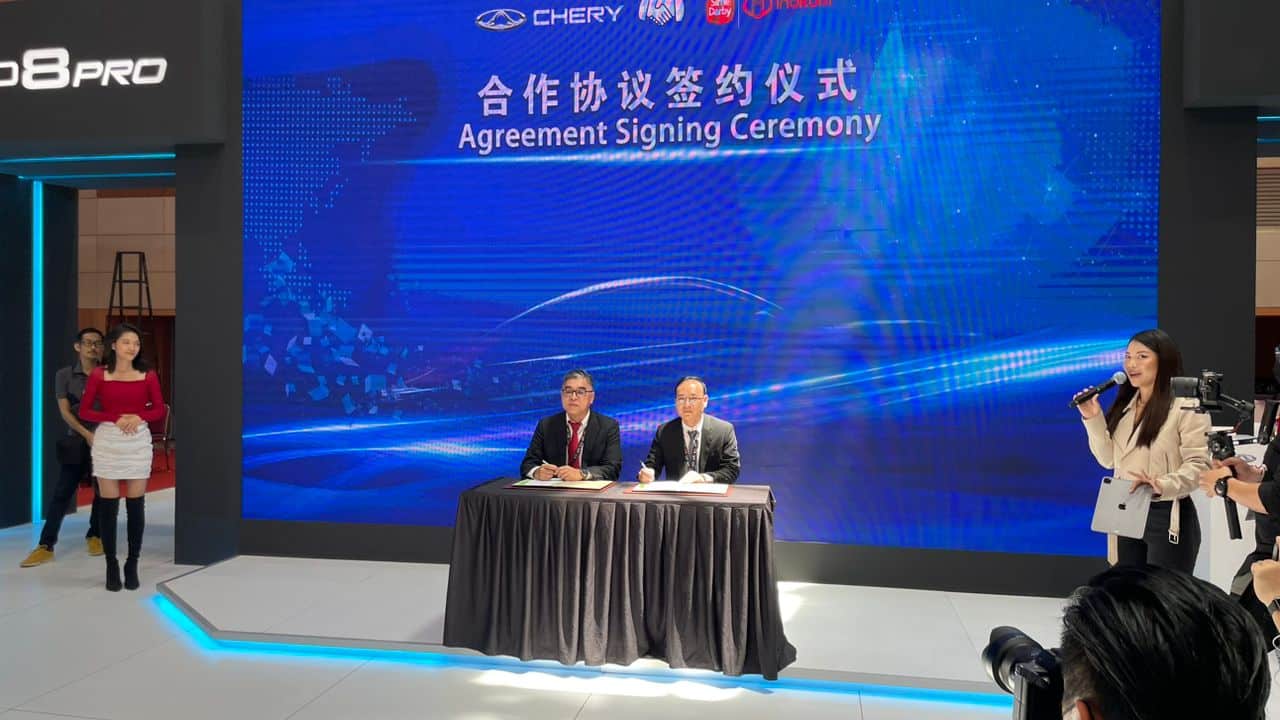
The framework for Chery’s EV investment strategy in Thailand spans three progressive phases, each designed to chart a course for the future of electric mobility in the country. The inaugural phase, scheduled for the years 2024-2025, is characterized by an ambitious target—an annual EV production capacity of approximately 18,000 units. In pursuit of this goal, discussions are currently underway with Arun Plus Co., a subsidiary of PTT Plc, a major Thai petroleum and energy conglomerate. This collaboration seeks to pave the way for initial EV manufacturing for Omoda & Jaecoo, even before the establishment of a dedicated production facility.
The subsequent phase, slated for 2026-2027, signifies a significant expansion of production capacity, with the aim of manufacturing around 50,000 units annually. Out of this capacity, an impressive 45,000 units are earmarked for export markets, further emphasizing Thailand’s role as a regional EV production hub. The remaining units are poised to meet the burgeoning demand within the domestic market.
The third and final stage, projected for 2028-2030, sets a bold trajectory for Chery International. It envisions a remarkable escalation in production capacity, targeting the manufacturing of more than 100,000 units annually. Out of this substantial volume, 60,000 units are intended for export, signifying Chery’s commitment to international markets and its aspiration to become a significant player on the global EV stage.
However, the true strength of this initiative lies not only in its production figures but also in the comprehensive approach that Chery International is adopting. The company is actively engaging in discussions with potential Thai partners, exploring the possibility of forging long-term EV manufacturing joint ventures. This strategic collaboration reflects Chery’s commitment to fostering mutually beneficial relationships with local stakeholders and nurturing the growth of Thailand’s EV ecosystem.
Chery International’s expansion into Thailand marks a pivotal step in its Southeast Asian journey. It follows investments in Indonesia and Malaysia, with each location strategically positioned to cater to the unique needs and demands of their respective markets. While Thailand’s focus is squarely on EV production, Indonesia and Malaysia continue to produce internal combustion engine products.
Nevertheless, Chery’s plans for Thailand are not without their dependencies. The successful execution of this ambitious venture hinges on the approval of the “EV 3.5” scheme by Thailand’s government and the EV Policy Committee. This new scheme is poised to replace the existing 3.0 scheme, which is set to expire in December. Delays or complications in securing approval for the “EV 3.5” scheme could potentially lead to Chery postponing its substantial investment in Thailand. The scheme, designed to incentivize EV manufacturers and stimulate local EV demand, is central to the company’s strategy.
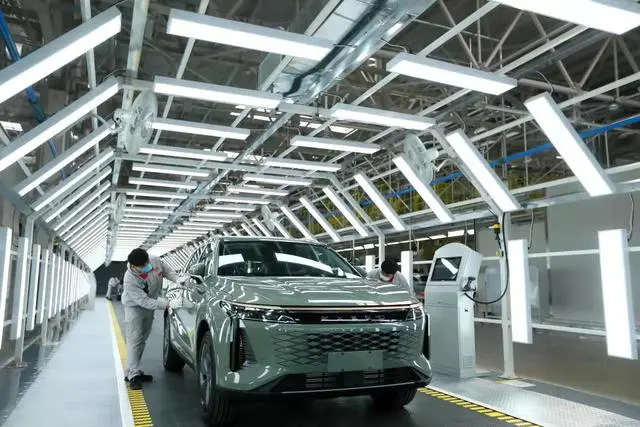
Despite these potential hurdles, Qi Jie emphasized the unwavering commitment of Chery International to its Thai endeavor. “However, our commitment to investing in Thailand is firm,” he declared, underscoring the resolute nature of Chery’s vision for the region.
In addition to establishing a robust manufacturing presence, Chery International’s comprehensive plans extend to other critical facets of the business. The company envisions the construction of approximately 30 showrooms, each serving as a flagship hub for their EV brands.
Furthermore, Chery is fully committed to providing comprehensive after-sales services to ensure that Thai customers receive exceptional support throughout their ownership experience. With an eye on establishing a strong retail network, Omoda & Jaecoo anticipate that approximately 15-20 dealers will represent their brands in Thailand.
The implications of Chery International’s foray into Thailand’s EV sector are far-reaching. Beyond the production numbers and economic impact, it signifies the company’s recognition of the burgeoning potential of the Thai market. Moreover, it reflects the broader trend of global automakers actively participating in Thailand’s growing EV ecosystem.
As the venture unfolds, Thailand’s position as a hub for multinational EV endeavors is further solidified. The collaboration between Chery International and local partners underscores the synergistic relationship between domestic capabilities and international expertise. With the electrification of transportation rapidly gaining momentum, Chery’s investment in Thailand is poised to make significant contributions to the nation’s economic growth, job creation, and the transition towards a more sustainable and environmentally conscious automotive industry.






